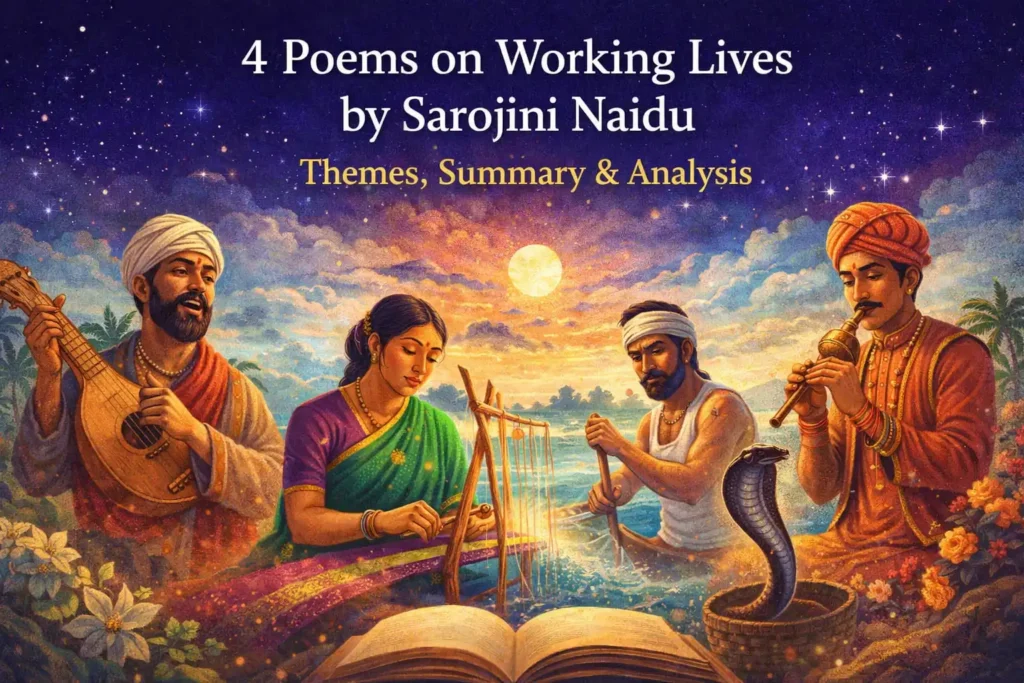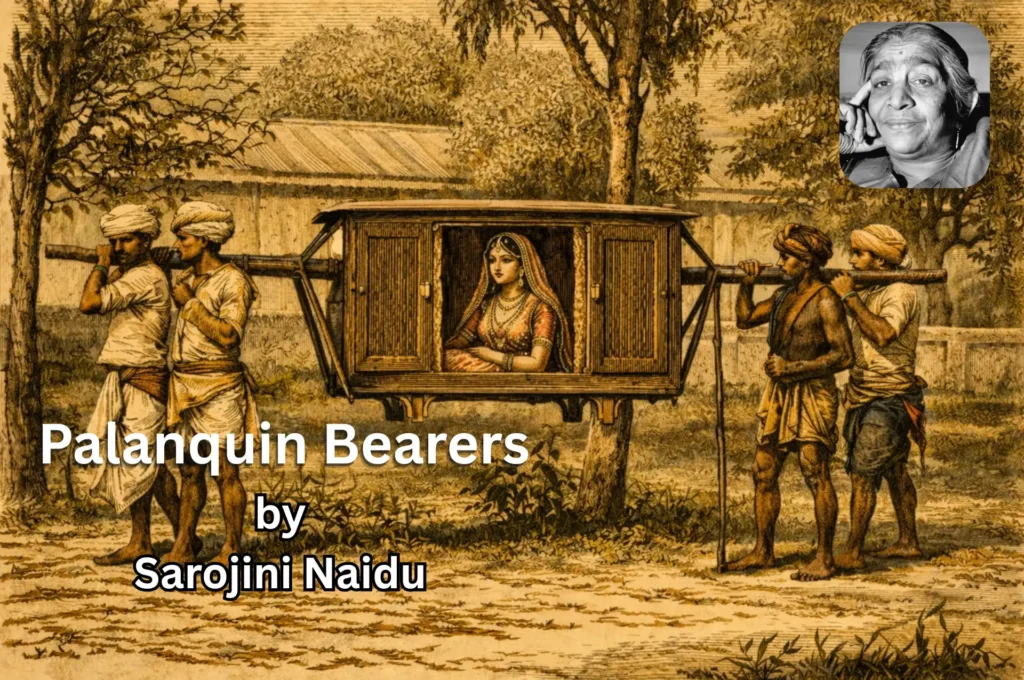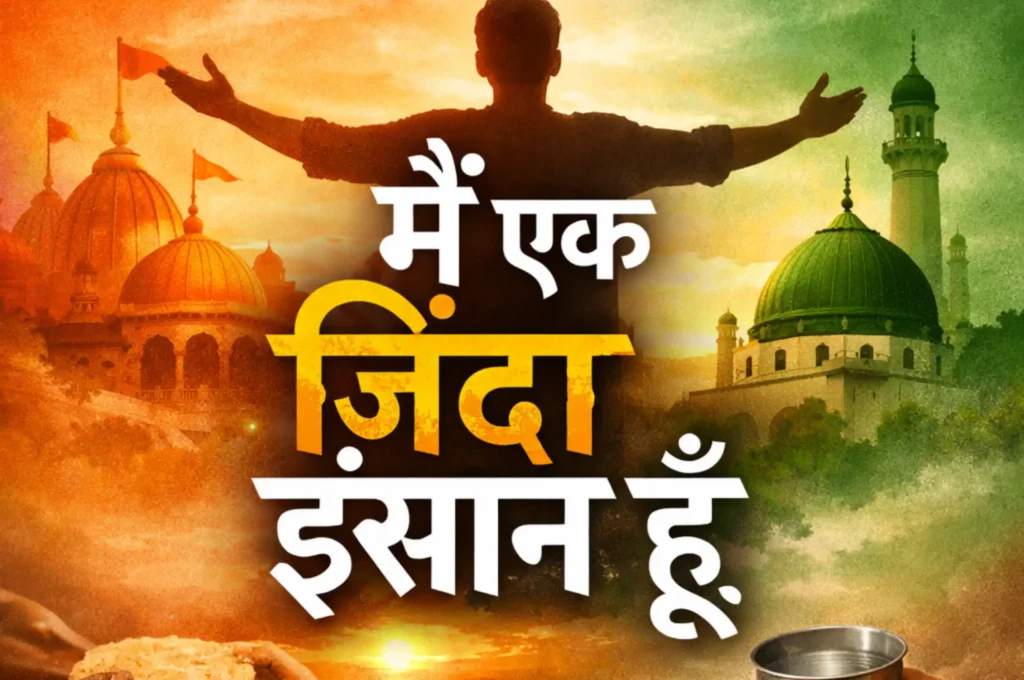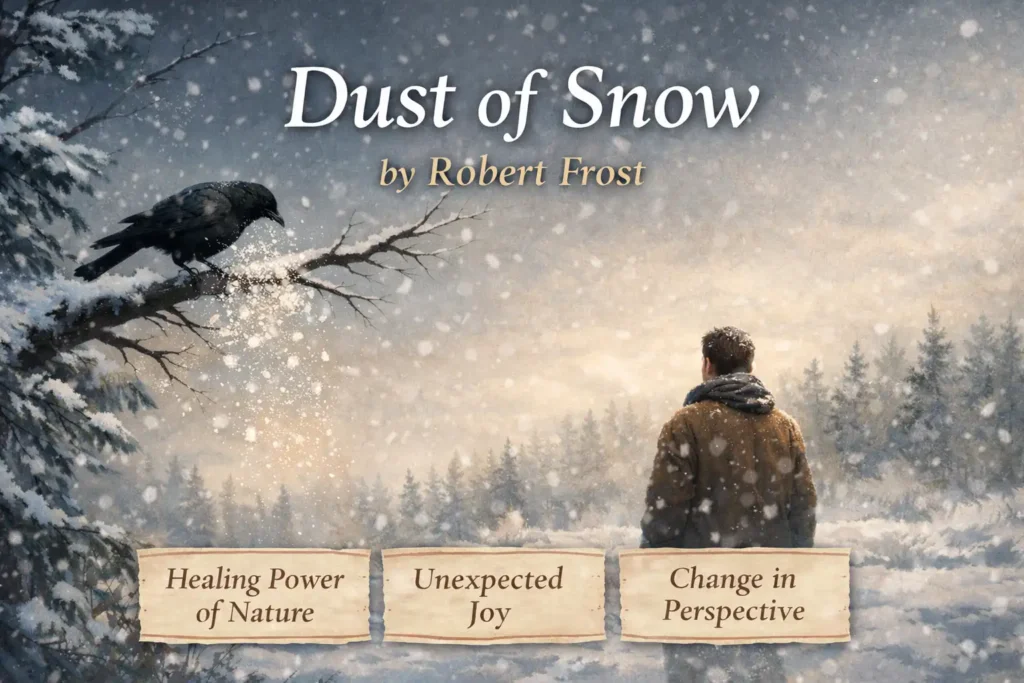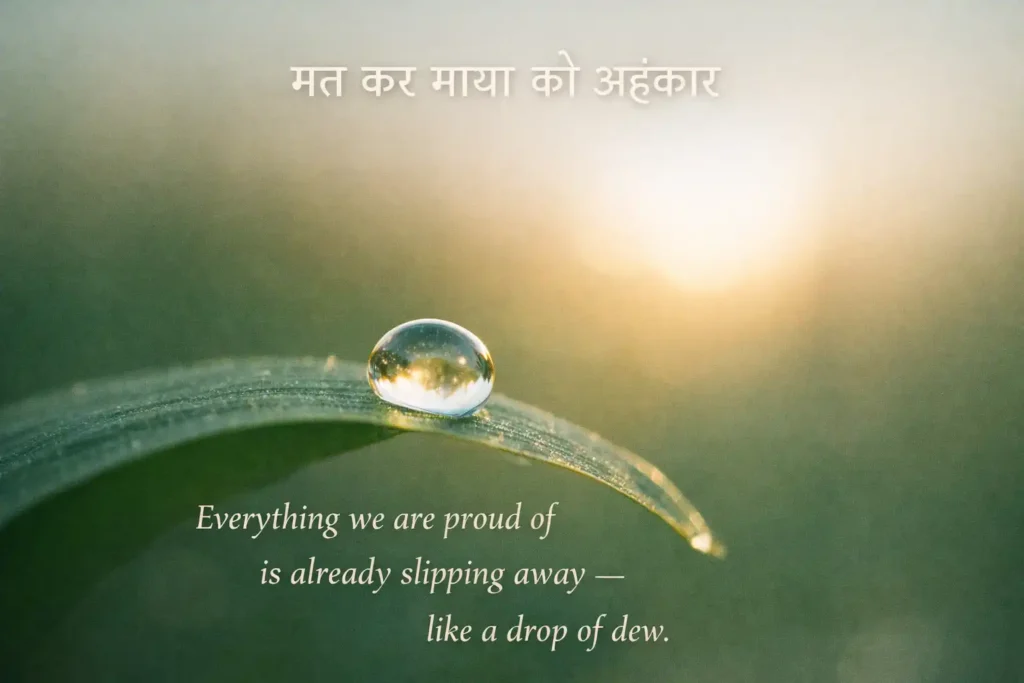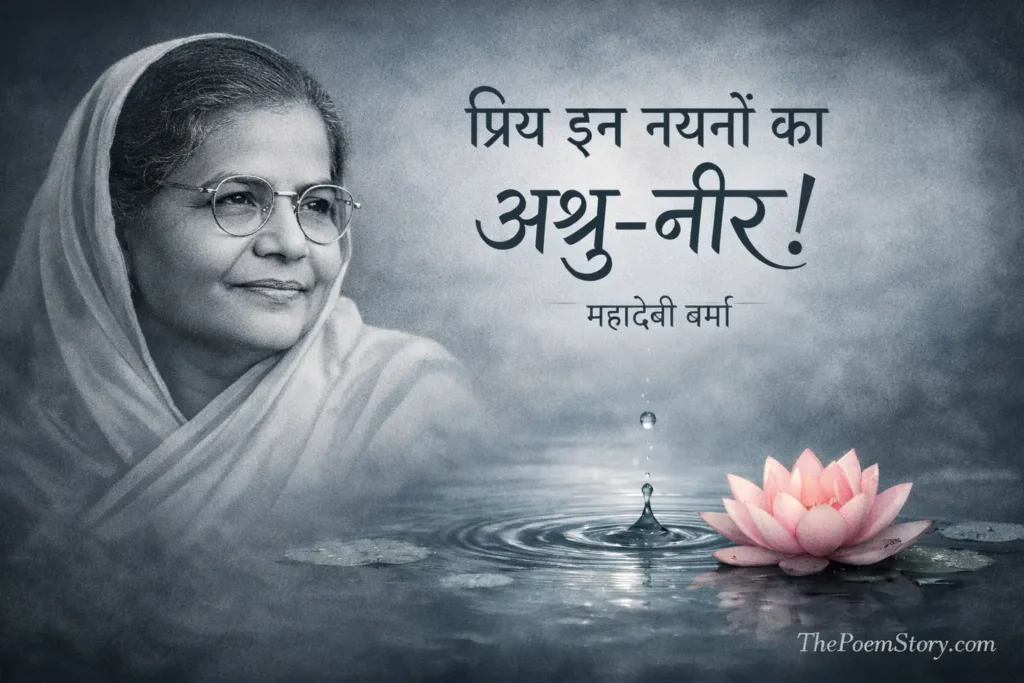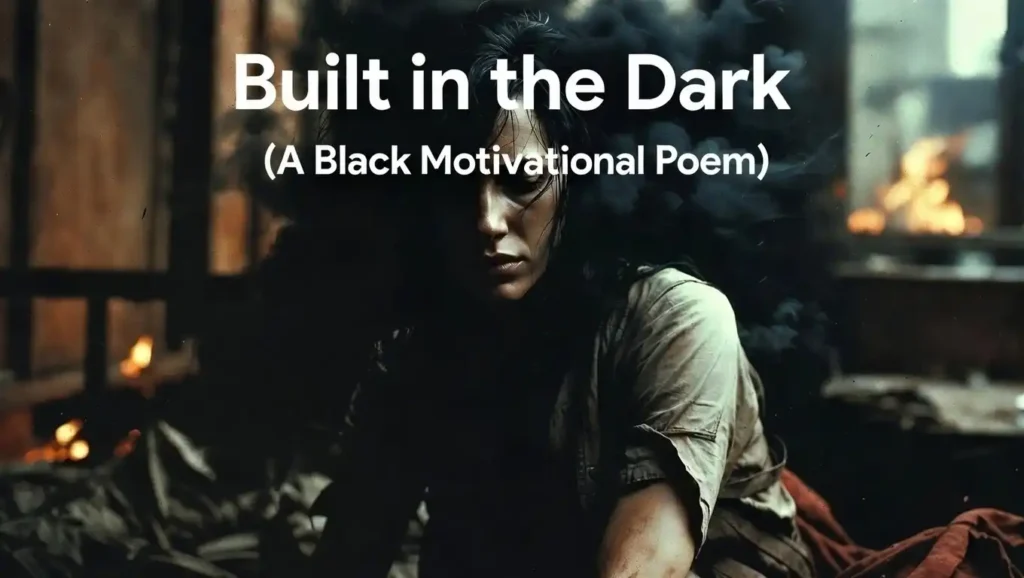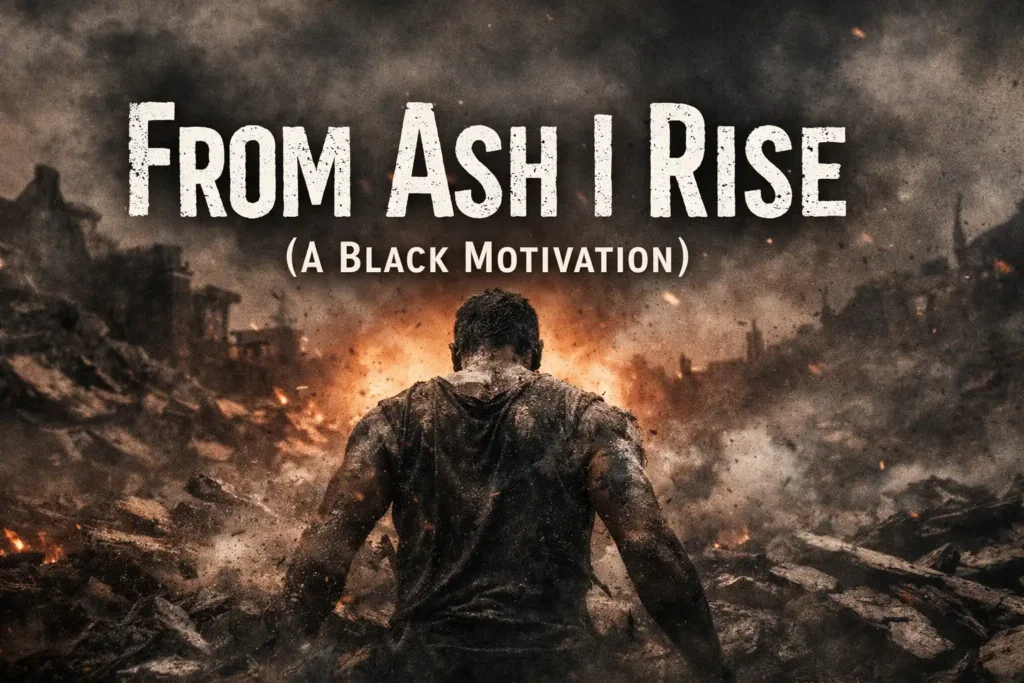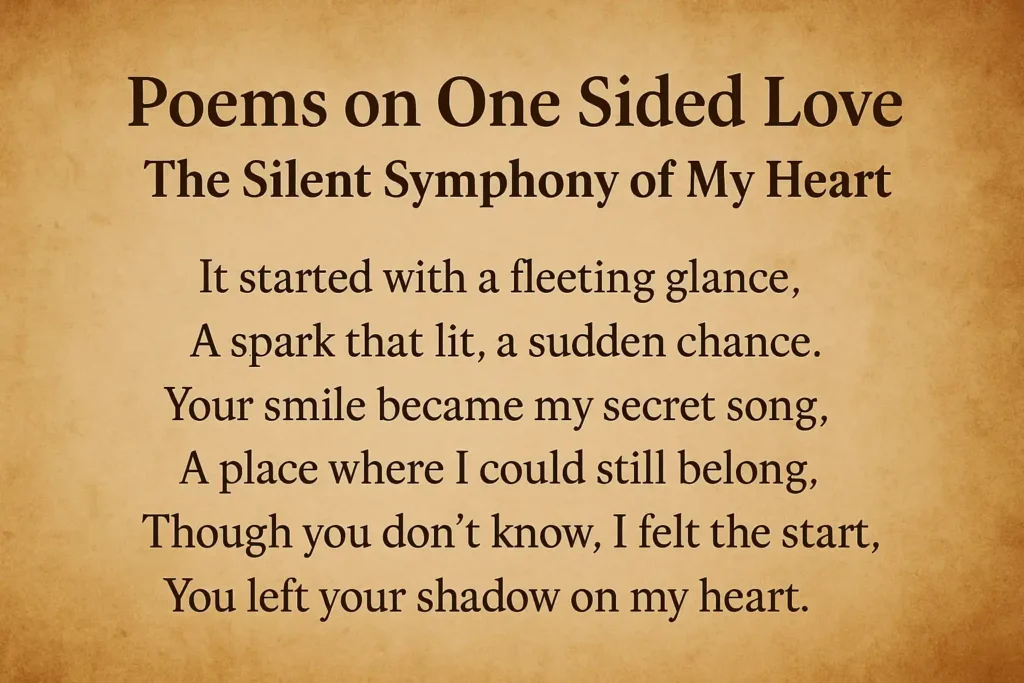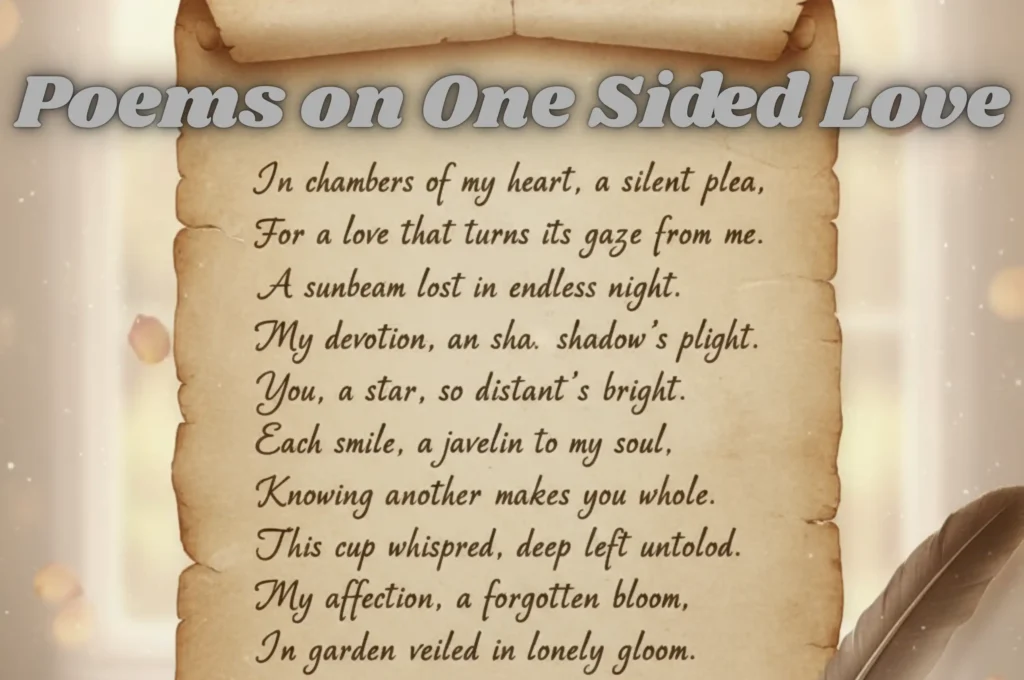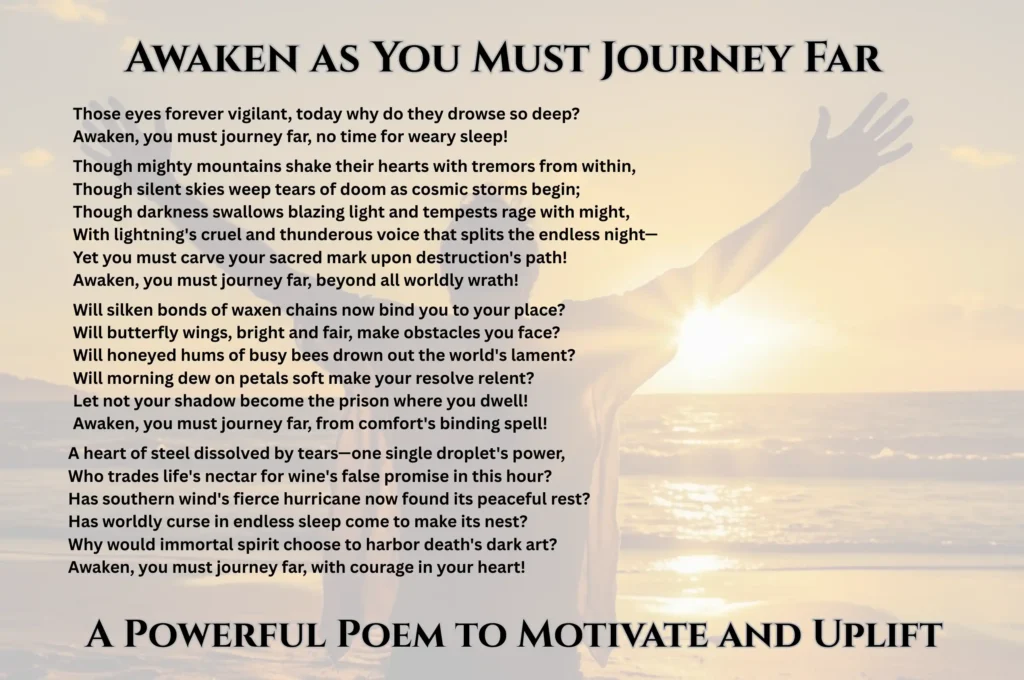Anand Bakshi was born on July 21, 1930, in a small town called Rawalpindi, which is now in Pakistan. His early life was marked by the historical backdrop of the India-Pakistan partition in 1947, an event that would profoundly impact him and his family. Moving to India during this tumultuous period, Bakshi’s family settled in the city of Kharagpur, West Bengal, where his formative years unfolded. The chaos of displacement likely influenced his affinity for music and poetry, as it became an avenue for expression amid uncertainty.
After completing his schooling, Bakshi pursued a degree in arts, which equipped him with a deeper understanding of literature and enhanced his writing skills. However, it was his unwavering passion for music that ultimately drew him into the world of lyrics. He began experimenting with song compositions, connecting with local musicians, and immersing himself in the evolving music scene of the time. These experiences solidified his resolve to become a lyricist, laying the groundwork for a distinguished career that would resonate with millions. Anand Bakshi’s early life, marked by personal challenges and artistic exploration, undeniably set the stage for his illustrious journey as one of India’s most beloved songwriters.
Table of Contents
Rise to Fame in Hindi Cinema
Anand Bakshi’s journey to prominence in the Indian film industry is a compelling narrative of talent, determination, and creativity. Initially recognized for his budding skills as a lyricist, Bakshi began writing songs for films in the 1950s. His early work laid the groundwork for a flourishing career in which he would become one of the most sought-after film lyricists in Hindi cinema.
A significant turning point in Bakshi’s career emerged through noteworthy collaborations with leading composers such as R.D. Burman, Laxmikant-Pyarelal, and Kalyanji-Anandji. His ability to capture the emotions of the characters reflected in the music resonated deeply with audiences, making him a favorite among both filmmakers and fans alike. The synergy between Bakshi’s lyrics and the melodies of these eminent composers birthed a plethora of timeless songs that contributed to the iconic status of numerous films.
Throughout his illustrious career, Bakshi’s contributions spanned across diverse genres in Hindi cinema, resulting in an impressive collection of memorable films. His remarkable work in classics like “Sholay,” “Karz,” and “Baazigar” showcased his adaptability and inherent understanding of storytelling through music. Songs penned by Bakshi such as “Chura Liya Hai Tumne Jo Dil Ko” and “Dard-e-Dil” showcased his lyrical genius, emphasizing the emotions of love, longing, and nostalgia, which deeply resonated with the audience.
Bakshi’s prolific output extended to numerous other films, solidifying his place as a maestro in the industry. The acclaim and recognition he garnered were not merely due to prolific song writing, but also his innate ability to create lyrics that echoed the cultural sentiments of the time, bridging the gap between music and the prevailing narrative in Indian cinema.
Notable Works and Contributions
Anand Bakshi, a prominent figure in Indian music, is celebrated for his extensive body of work that encompasses a wide range of themes and emotions. His lyrics have resonated with audiences across generations, earning him a revered status in the industry. Throughout his illustrious career, Bakshi penned numerous iconic songs that have become integral to Indian cinema and culture. His ability to convey deep emotional resonance through simple yet profound words has marked him as a lyrical maestro.
Among his most notable works is the romantic ballad “Chura Liya Hai Tumne Jo Dil Ko,” which stands as a testament to his expertise in articulating love and longing. This song, along with others like “Tumhare Hawaon Mein,” showcases his unique storytelling capabilities, where he skillfully weaves narratives that evoke powerful imagery and emotions. Bakshi’s contributions are not limited to romance; his patriotic songs, such as “Aye Mere Watan Ke Logo,” have stirred national pride and sentiment, reinforcing his versatility as a composer.
Bakshi’s thematic depth is evident in the diverse genres he explored, including devotional music. His lyrics for songs like “Vaishnav Jan To” have enriched the spiritual music landscape in India. His ability to adapt to different musical styles while maintaining a distinct voice reflects his profound understanding of the art form. The eclecticism in his work not only highlights his profound lyricism but also demonstrates his adaptability in an ever-evolving industry.
In conclusion, Anand Bakshi’s contributions to Indian music are immense and varied, showcasing his brilliance as a lyricist. His ability to transcend genres and evoke emotion through words has left an indelible mark, ensuring that his songs continue to be cherished and celebrated long after their creation.


